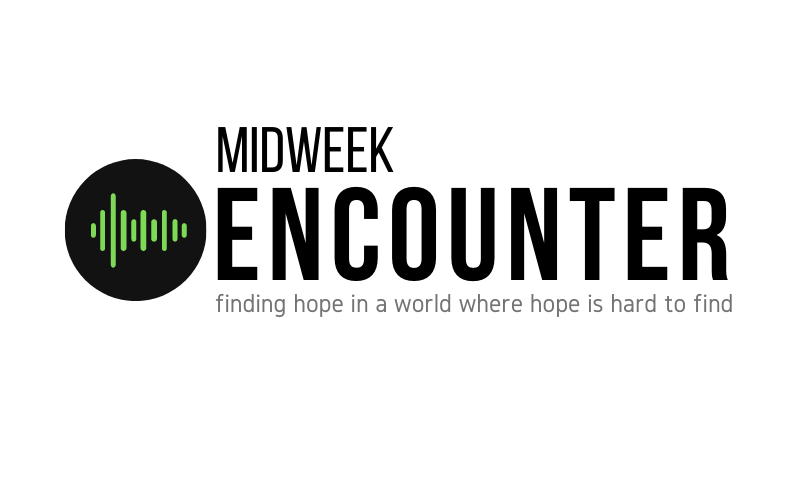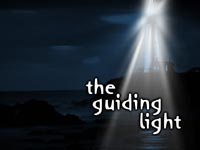



 We have been talking the last several weeks about the need for people to live with. We all need people we can live with, some people we can count on in our lives.
We have been talking the last several weeks about the need for people to live with. We all need people we can live with, some people we can count on in our lives.  1. I NEED TO HEAR GOD’S WORD
1. I NEED TO HEAR GOD’S WORD 2. I NEED TO READ GOD’S WORD
2. I NEED TO READ GOD’S WORD 3. I NEED TO STUDY GOD’S WORD
3. I NEED TO STUDY GOD’S WORD I began to see that all these individual stories and characters and places and events in the Bible were specifically written and crafted to reveal the God who wrote them. And the more stories I understood, the clearer and more defined a picture of God became (like a Photomosaic where the pictures appear a few at a time until “the King” is seen).
I began to see that all these individual stories and characters and places and events in the Bible were specifically written and crafted to reveal the God who wrote them. And the more stories I understood, the clearer and more defined a picture of God became (like a Photomosaic where the pictures appear a few at a time until “the King” is seen). 4. I NEED TO MEMORIZE GOD’S WORD
4. I NEED TO MEMORIZE GOD’S WORD 5. I NEED TO MEDITATE ON GOD’S WORD
5. I NEED TO MEDITATE ON GOD’S WORD 6. I NEED TO DO GOD’S WORD
6. I NEED TO DO GOD’S WORD